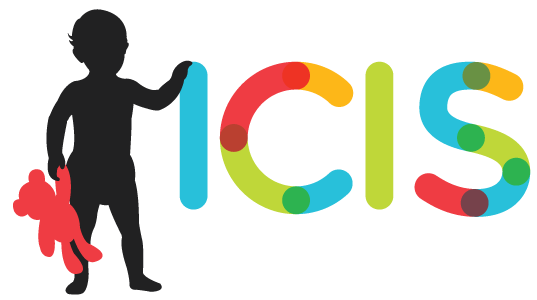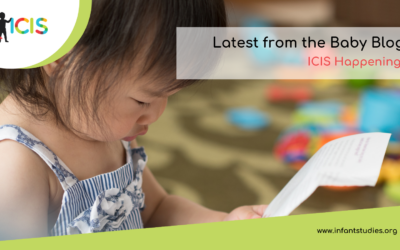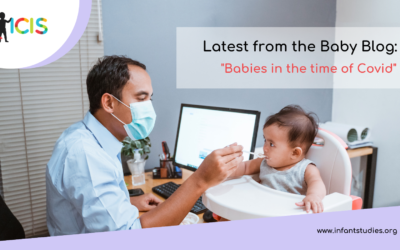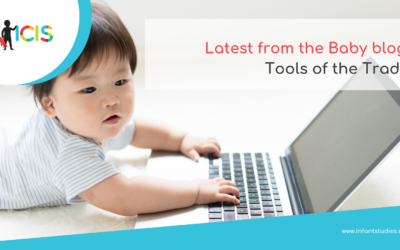by Nancy E. Hill, Rashmita Mistry and Gigi Luk The 41st meeting of the Society for Research in Child Development (SRCD) will be taking place in Salt Lake City, Utah from March 23-25! SRCD is an international, multidisciplinary, scientific association...
Baby Blog
How quantitative evaluation of early infant movement may give us insight into Autism
by Rujuta B. Wilson, MD, MS As a behavioral child neurologist and clinician-scientist, I witness daily the dynamic growth of infant motor skills in the first year of life. The development of motor skills allows an infant to build social and environmental...
How do infants (learn to) see the world? New answers to an old question.
How infants perceive the world impacts how they respond, interact, and learn from objects and people. Over the last few decades, developmental scientists have designed research methods to probe infants’ perception. Advances in this field have already changed how we...
The Impact of COVID-19 on Infancy
by Vanessa LoBue We are soon approaching the 3-year anniversary of the start of the global COVID-19 pandemic. Since its inception, the pandemic is responsible for 600 million cases and over 6 million deaths worldwide. It has also seriously impacted economic,...
In Memoriam: Sandra Trehub
We are greatly saddened by the passing of Sandra Trehub. Born in 1938, she died peacefully at her home on 20 January 2023. Sandra was a trailblazer. Her research focusing on auditory pattern perception in infancy and early childhood single-handedly started...
Translating Research to Practice and Policy
by Ron Seifer Most of us in ICIS conduct basic behavioral research. Many of us aspire to see our research have impact beyond the community of those who read reports in scientific journals. Becoming effective in translating research into practice and/or...





